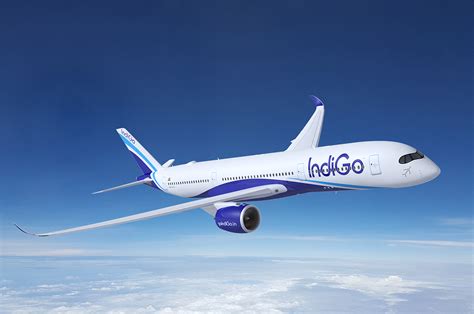Miquel Ros reports:
When it comes to blockchain, cryptocurrencies may getting most of the attention.
Some airlines have even started to experiment with blockchain in their frequent flyer programmes (themselves a sort of pseudo-currency)
But, if talking about blockchain in the aviation industry most of the action may be in industrial applications that are usually not in the spotlight.
For example the use of blockchain in smart contracts all along the supply chain. To be fair, this is not exclusive of the aviation industry: virtually any process in which several operators transact could be suitable for the deployment of blockchain-based technology as a means of verification.
But if there is one particular area where the efficiency gains from moving to a blockchain-verified system, it is in aviation fuel.
Source: Gazpromneft Aero
Surprisingly for an item that represents around a quarter of the global airline industry’s operational expenses, the fuelling process is far from efficient. Industry professionals comment how small differences between counterparties can quickly and stealthily add up, particularly as you multiply them by the many refueling operations the typical airline conducts in a year.
This is, thus, an area that has got the attention of some industry players.
Russia’s Gazpromneft Aero, the aviation fuel subsidiary of the oil and gas group of the same name, itself one of Russia’s largest state-owned conglomerates, has joined forces with S7 Airlines to develop a blockchain-based system of contract verification for aviation fuel.
S7, a particularly innovative airline whose founder is even toying with space projects, is no stranger to blockchain technology, already in 2017 pioneered the use of Ethereum for ticketing purposes.
Although the project was unveiled last August, we recently had the chance to speak with a representative of Gazpromneft Aero during the VI International Forum Aviation Fuel 2018, that took place in Moscow.
The project, that is now at an experimental stage, is expected to simplify orders and payment settlements between the airline, the fuel supplier and their respective banks.
By using smart contracts, the airline can order the exact amount of fuel in advance and settle the account pretty much immediately, doing away with pre-payments or guarantees and automating most of the process.
But immediate payment processing is not the only advantage of smart contract technology. The amount to be paid exactly corresponds to the real volume of the supplied jet fuel, this reduces the amount of funds that the airlines need to be kept in reserve at any one time, with the obvious financial benefit.
As the project is currently at the testing stage, no figures are yet available about its results. In response to AirInsight questions, sources at Gazpromneft Aero stated that “The project of introduction of aviation fuel smart contracts (AFSC) based on blockchain technologies is undergoing the testing stage, so now we will not give any guaranteed figures. However, there are several advantages, which are clear at this point already: this technology provides for significantly faster, safer and more transparent financial transactions, it allows airlines to pay for the exact amount of jet fuel they got while a corresponding sum gets debited from the company’s account within minutes, the technology also reduces human factor in calculations and eliminates simple arithmetic errors.”
Gazpromneft Aero sees potential to use this system in other processes, within and beyond the airline industry.
Views: 0




